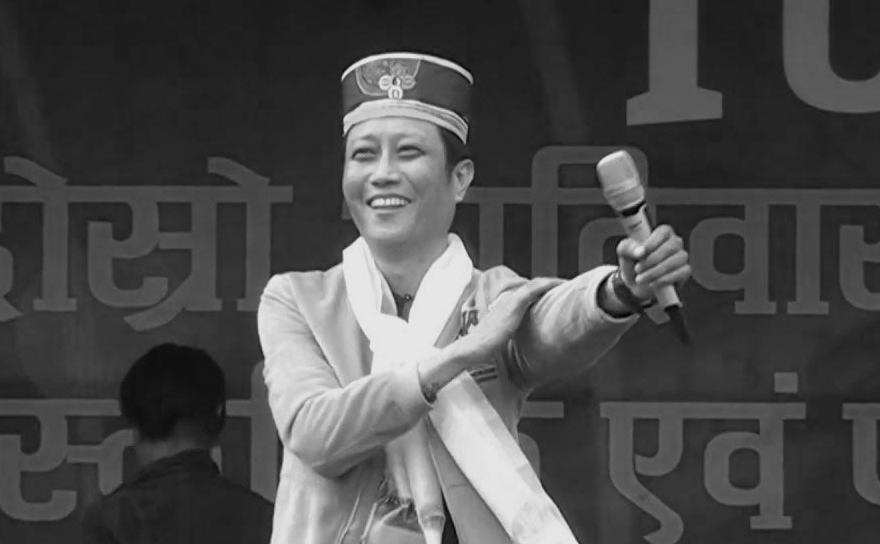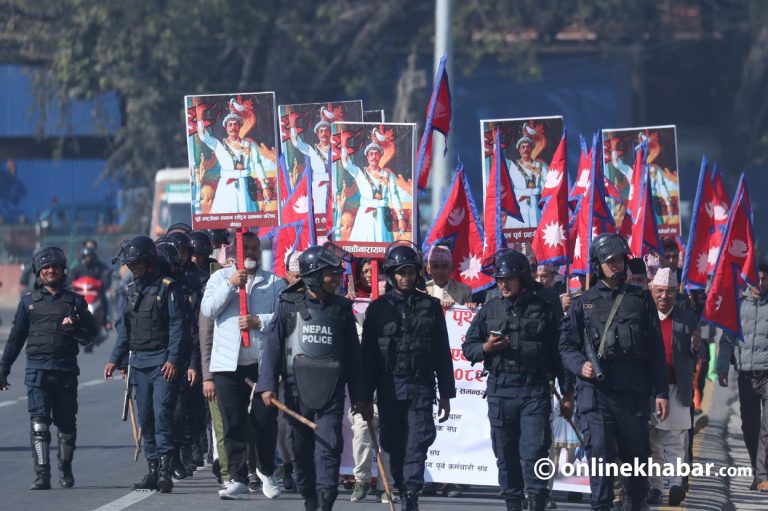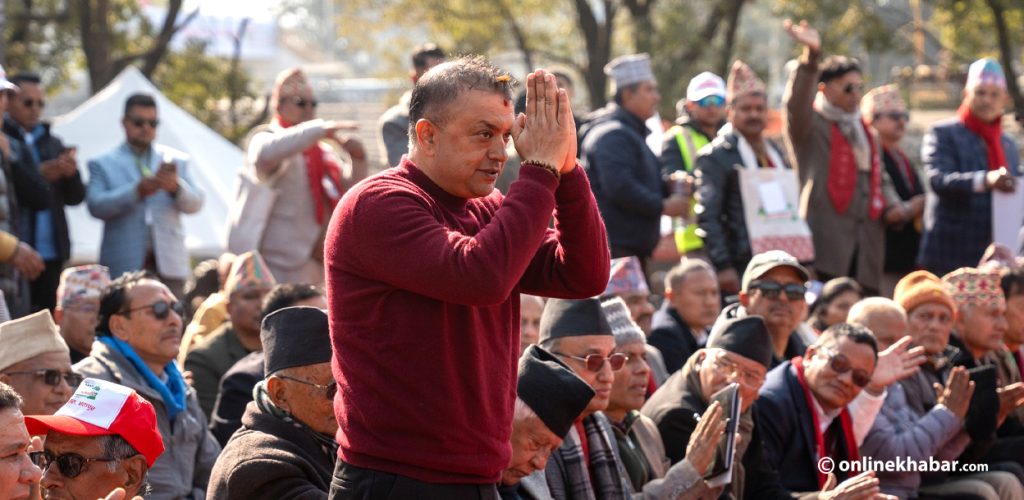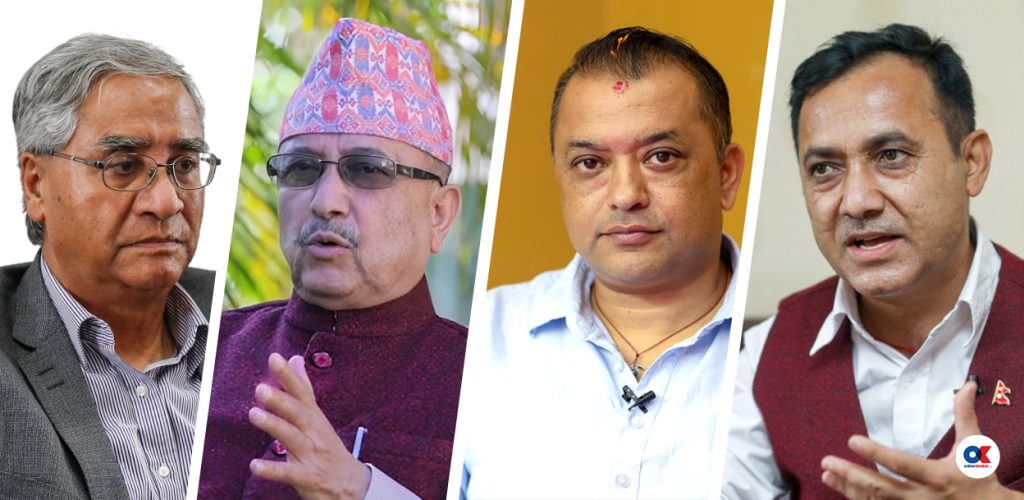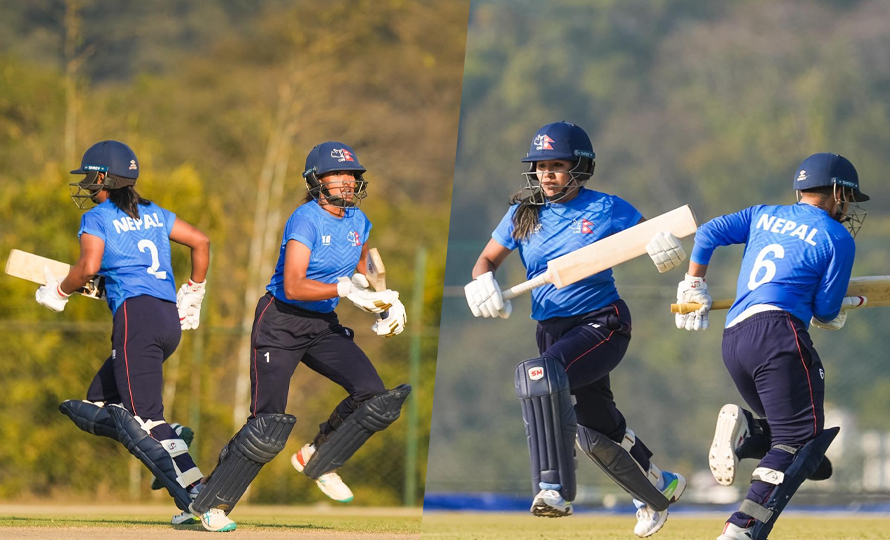Major Nepali and English broadsheets published from Kathmandu today have mostly prioritised political issues in the opinion pages today. As the country just have nine days to holding voting during the first phase of provincial and federal parliamentary elections, opinion makers and editors have analysed contemporary political situations and developments that are likely to take place after the polls in their opinion pieces.
Crime and politics

In his lead article for Annapurna Post, Dipesh KC expresses concerns of rising presence of people with criminal background in Nepali politics and political parties. KC says it is high time people asked parties and leaders questions about presence of ‘criminals’ in politics, warning otherwise the democracy will be put into jeopardy.
Citing the influence of Columbian ‘drug lord’ Poblo Escobar on the political activities of his country, KC warns that Nepal will also follow the same path if people do not become prudent enough now. He argues contesting an election is becoming more and more expensive these days because of such people.
According to KC, parties’ youth wings including Young Communist League of CPN-Maoist Centre and Youth Force of CPN-UML also offered space to criminals in politics soon after the beginning of peace process. Now, some top leaders of major political parties are also seen promoting such people and it has left a very narrow space for people with principles and dignity in politics, according to him.
“Political parties are earning notoriety due to the tendency of seeking support of and protecting criminals and it is not a good thing,” he says, “It will weaken democracy.”
Chinese interests in Nepali polls

Beijing-based Nepali journalist Chetanath Acharya in his article for Kantipur today discusses expectations of China from upcoming provincial and federal parliamentary polls. He says though Chinese intellectuals very openly appreciate the election alliance of leftist forces in Nepal, they deny the hand of China in recent political developments. Acharya informs that they have considered the alliance positively as it might help the country get a more stable, more powerful and more capable government.
According to him, Beijing in its foreign policy has clearly stated that it wants its neighbours to grow prosperous and hence Chinese leaders hope that the polls will mark successful implementation of constitution. For prosperity, a stable government is a must; therefore they might have expressed happiness over the unification plan of communist parties.
Meanwhile, Acharya claims if some single party or alliance win majority seats in Parliament and form a stable government, President Xi Jinping is likely to pay a visit to Nepal soon.
Madheshi parties and west Madhesh

Raksharam Harijan in his article for Nagarik today argues that Madhesh-centric parties might lose their hold over the western Madhesh region if they just concentrate on Province 2, which covers eight districts of Madhesh. He says the Madhesh-centric parties had quite a stronger hold over the western plains too, but it is gradually getting weaker. The decision of Hridayesh Tripathi of Nawalparasi to leave the Rastriya Janata Party Nepal, and the entry of former Federal Socialist Forum-Nepal leader Abhishek Pratap Sah of Kapilbastu into Nepali Congress also signify the same, according to him. In the same line, Bijay Kumar Gachhadar-led Nepal Democratic Forum has already been merged with Nepali Congress.
Harijan says such developments have created a political crisis in Terai districts of provinces 5 and 7, warning it will gradually weaken the Madhesh-centric forces and might cost their leaders their political life.
Smart eating and food security

Senior Food Research Officer at the Department of Food Technology and Quality Control, PC Wasti, in his lead article for The Himalayan Times discusses the need of adopting start eating culture in our daily life so that food security of the needy can be better guaranteed.
The writer believes that the way we eat shows only our type of personality but also reflects our culture and gives and impression of how much sensible and civilised we are. He says the Nepali society is yet to make our culture quite civilised in terms of food habits, “At home, we do not finish the food if we do not like it and throw it away. In the party, we take food as much as we can and do not finish and throw it away,” he writes, adding, “If we think on time and be a bit sensible and responsible, we can save a lot of food, which in turn can feed millions of hungry people.”











